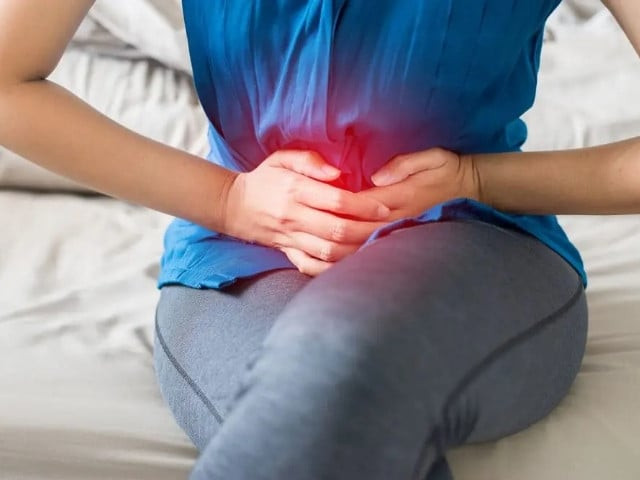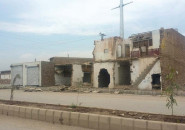Cervical cancer prevention drive on the cards
Campaign aims to curb the country's growing cervical cancer burden

As part of Pakistan's ongoing national immunisation programme to protect children from twelve life-threatening diseases, a new and critical initiative is being launched to vaccinate girls aged 9 to 15 against cervical cancer — a highly fatal yet preventable disease.
The vaccination campaign is set to begin in Rawalpindi on September 18, with the District Health Authority (DHA) already initiating the training of master trainers in preparation.
Cervical cancer, primarily caused by the Human Papillomavirus (HPV), carries a staggering mortality rate of 85%. Health experts emphasise that a single dose of the vaccine is sufficient to provide lasting immunity against the virus, offering a powerful defence against one of the most lethal forms of cancer affecting women globally.
Until now, Pakistan's immunization efforts have focused on protecting children from twelve major diseases — tuberculosis, diphtheria, measles, whooping cough, tetanus, pneumonia, polio, diarrhoea, typhoid, TB, and hepatitis B. However, the rising number of cervical cancer cases, particularly among young girls, has raised alarm across public health circles. Pakistan now ranks seventh globally in cervical cancer prevalence.
Medical experts stress that early vaccination — between the ages of 9 and 15 — not only strengthens the immune response but also offers long-term protection before potential exposure to the virus.
According to Dr Ehsan Ghani, the Chief Executive Officer (CEO) of DHA Rawalpindi, the campaign will be rolled out in phases, beginning in Punjab and Sindh, and later expanding to Islamabad, Khyber-Pakhtunkhwa (K-P), and Balochistan.
To ensure smooth execution, training programmes for vaccination teams are already underway. Master trainers are being equipped with specialised knowledge, and a comprehensive micro-planning framework has been finalised.
Teams will function at three administrative levels — Union Council Medical Officers (UC MOs), Deputy District Health Officers (DDEHOs), and District Health Officers (DHOs) — to ensure coordinated implementation.
The initiative will be closely monitored by international partners, including UNICEF and the World Health Organisation (WHO), to uphold global standards of safety, efficiency, and effectiveness.




















COMMENTS
Comments are moderated and generally will be posted if they are on-topic and not abusive.
For more information, please see our Comments FAQ